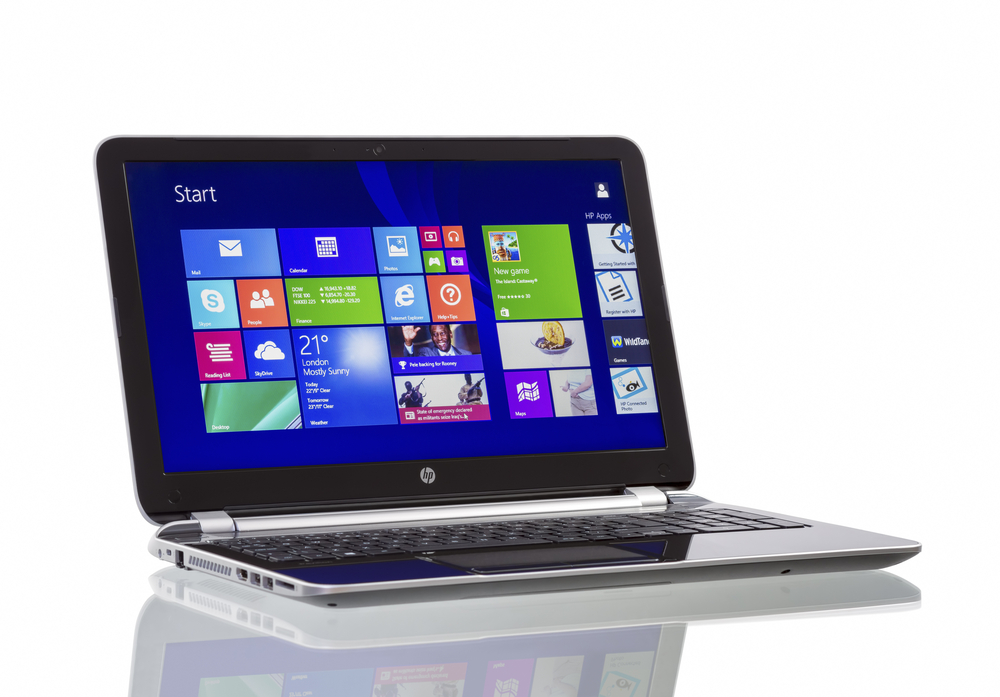Microsoft blames Intel for drop in Windows sales
Cloud services on the rise but lack of chips blamed for Windows 10 sales drop


On Wednesday, despite announcing a 12% increase in revenue, Microsoft seemed to blamed chip manufacturer Intel for a drop in Windows sales.
Revenues from computer manufacturers bundling Windows machines fell 5%, with non-Pro OEM sales falling 11% and Pro OEM sales falling 2%. Microsoft noted the ongoing Intel processor shortage, particular for workstations and PCs, had hurt it this quarter, and could further hamper Windows in the next few months.
Redmond said that a lack of supply of processors had affected its Windows 10 sales as people were buying fewer Windows 10 machines. This is a similar situation many are facing due to waiting on supplies of Intel chips.
"In Windows, the overall PC market was smaller than we expected, primarily due to the timing of chip supplies to our OEM partners, which constrained an otherwise healthy PC ecosystem," said Microsoft CFO Amy Hood in the company's earnings call.
It's been well-publicised that Intel has struggled to meet the demand for its processor chips, resulting in slow PC sales for a number of manufacturers. The drop of in sales could be down to consumers waiting for 10-nanometer chips that would warrant a laptop or pre-built desktop upgrade. Intel has been producing 14-nanometer chips for some time and is struggling to set up the infrastructure to build its next generation of chips.
Currently, the company is trying to perfect its manufacturing process called ultraviolet lithography, which is a method of etching smaller circuit lines on chips. This new method is said to make more powerful chips but it requires Intel to expand its manufacturing capabilities. The company has said it plans to begin work on 7nm chips as soon as its sorted the delays for its 10nm chips, set to launch later this year.
However, even with the slow down in the PC market, Microsoft's Azure Cloud and Office services look in top health. The company pulled in $32.47 billion and recorded a net income of $8.4 billion - compared to last year's $6.3 billion net loss. The big plus point proved to be Azure, with 76% growth in revenue.
Sign up today and you will receive a free copy of our Future Focus 2025 report - the leading guidance on AI, cybersecurity and other IT challenges as per 700+ senior executives
Bobby Hellard is ITPro's Reviews Editor and has worked on CloudPro and ChannelPro since 2018. In his time at ITPro, Bobby has covered stories for all the major technology companies, such as Apple, Microsoft, Amazon and Facebook, and regularly attends industry-leading events such as AWS Re:Invent and Google Cloud Next.
Bobby mainly covers hardware reviews, but you will also recognize him as the face of many of our video reviews of laptops and smartphones.


